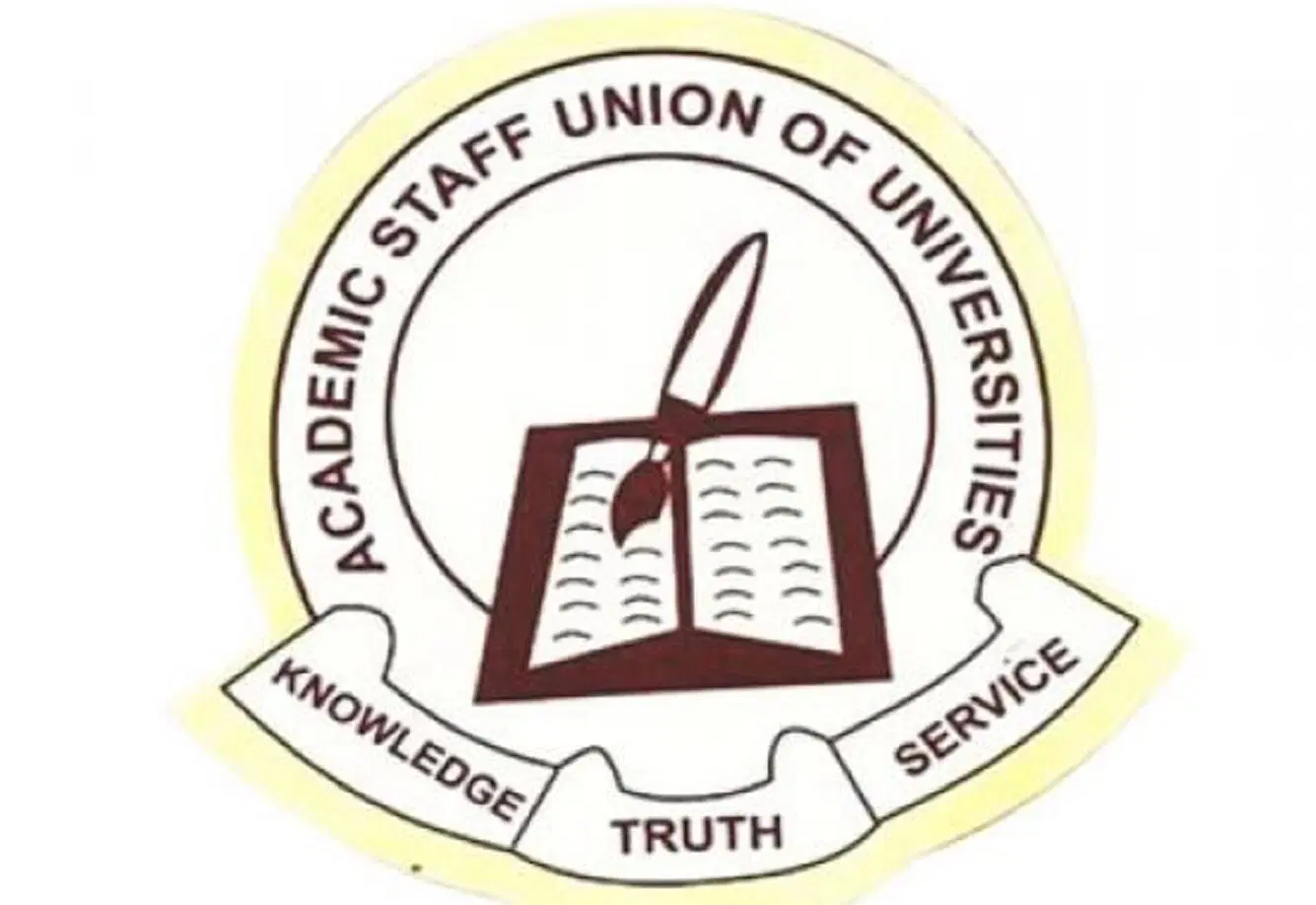The Academic Staff Union of Universities (ASUU), Sokoto Zone, has warned that Nigeria’s public universities may soon face another nationwide crisis unless the Federal Government shows real commitment to resolving long-standing problems in the tertiary education sector.
Speaking at the NUJ Press Centre in Sokoto on Thursday, the Zonal Coordinator, Prof. Abubakar Sabo, accused the government of “inconsistent and disappointing behaviour” during negotiations—even after ASUU suspended its warning strike in October to allow for peaceful dialogue.
Sabo explained that ASUU’s National Executive Council paused the strike to give room for a one-month renegotiation window, following strong support from students, parents, labour unions, and other stakeholders. But he said the government has failed to address the core issues affecting universities, especially lecturers’ salaries, autonomy, and the worsening conditions in state-owned institutions.
He noted that while a few non-monetary issues have seen slight progress, the government’s proposed salary increase for lecturers is “grossly inadequate” and does nothing to stop the massive brain drain affecting Nigerian universities.
ASUU also criticised the recent partial payment of promotion arrears and the release of third-party deductions—some pending since 2017—describing them as mere confidence-building steps rather than real solutions.
Highlighting the situation in the Sokoto Zone, the union listed several problems:
Shehu Shagari University of Education has no governing council.
Sokoto State University still owes several allowances and deductions.
Promotions and Earned Academic Allowances at AFUSTA are stalled.
Federal universities in Birnin Kebbi and Gusau still lack enabling laws despite being established over ten years ago.
The Federal University of Agriculture, Zuru, remains the only university in Nigeria operating without a take-off grant.
Sabo also dismissed the government’s claim of financial constraints. He pointed out that federal allocations rose from ₦3.42 trillion in 2022 to ₦4.65 trillion in 2024, while states’ allocations increased from ₦3.92 trillion to ₦5.81 trillion during the same period—evidence, he said, that the real issue is political will, not lack of funds.
Read Also;
ASUU Kano Zone Warns of Impending Strike as Talks With FG Stall
ASUU urged traditional rulers, civil society groups, students, labour unions, and the general public to continue putting pressure on the government to honour agreements and protect the future of university education in Nigeria.
The union reaffirmed its commitment to dialogue but warned that if no meaningful resolution is reached within the remaining days of the renegotiation period, another nationwide crisis may be unavoidable.
“The struggle continues,” Sabo said.




